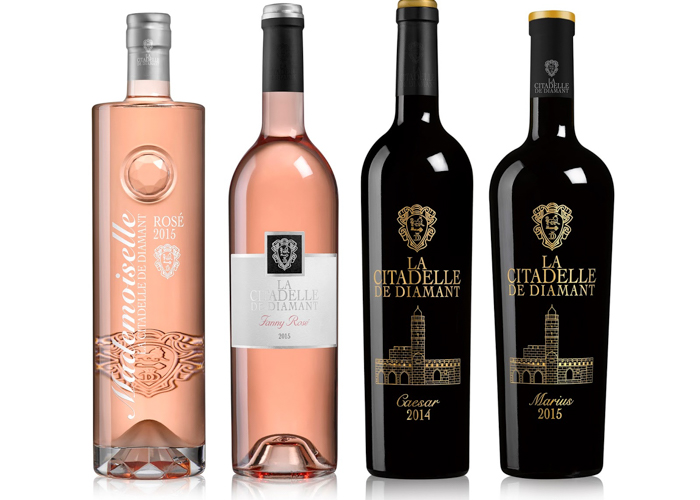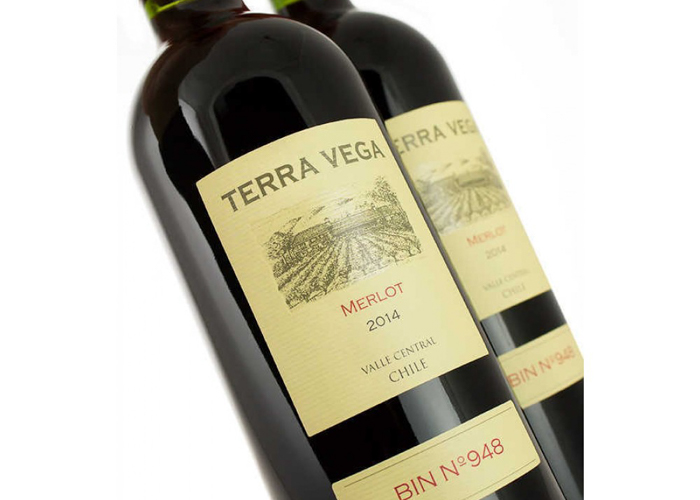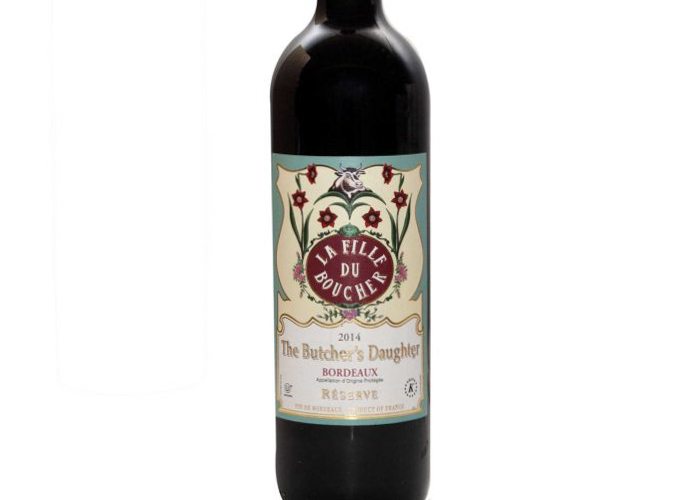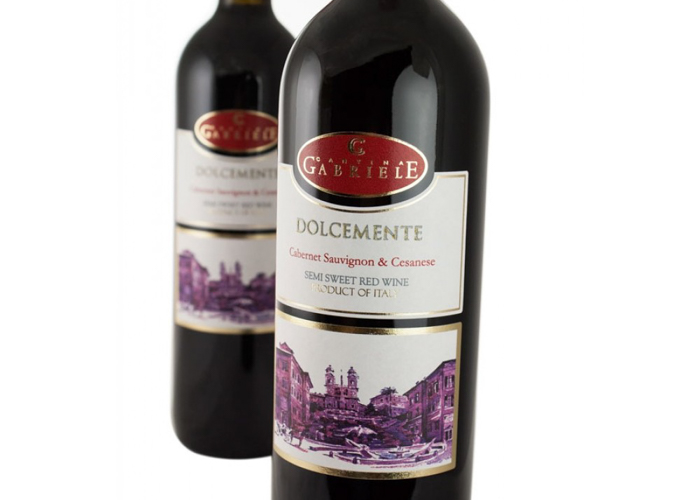Kosher Wine
For over 15 years Monsieur Touton Selection has made the commitment to grow our selection of Kosher and sacramental wines for our customers. We have built a diverse array of brands and producers from many countries with a full spectrum of styles and profiles. It is our pleasure to offer and continue to expand this exciting portfolio.
Consuming kosher foods is essential to all who observe Jewish religious dietary laws (Kashrut). The religious laws are a set of standards for food preparation and winemaking. Just so you know, the term “Kosher” was derived from the Hebrew word for “fit,” meaning fit for consumption. The principles of making Kosher wine are the same as for non-Kosher wine. Most Kosher wines are quality wines, which just happen also to be Kosher.
Kosher Wine: Produced in accordance with Jewish Dietary Laws. It is handled only by religious Jews during the winemaking and no animal-based additives are allowed with the exception of eggs.
Kosher for Passover: Wine that has not come in contact with bread, grain or products made with leavened dough. Most Kosher wines are also Kosher for Passover.
Mevushal Wine: Wine that is flash pasteurized "cooked wine". Kosher caterers and Kosher restaurants in the United States only serve “Mevushal Wine” (pronounced mev’ooshal). This is a Kosher wine that has been flash pasteurized, so it remains Kosher even if a non-observant or non-Jewish waiter serves the wine.
In Israel, Kosher wine producers also must observe agricultural laws in the vineyard that date back to Biblical times. Technically, Israel’s grape growing laws are the oldest wine laws in the world. The practices below are quite similar to high quality viticulture (grape growing) practices used all over the world.
- For the first three years, fruit from the vine may not be used for winemaking, (known as Orlah). Only in the fourth year is the winery permitted to use the grapes for wine.
- Growing other fruits between the vines is prohibited. This was something done in domestic vineyards in Spain and Italy in the past – but the practice has mostly been abandoned due to wine quality issues.
- Every seventh year, the fields are left fallow and allowed to rest. (Sabbatical Year). However, because of economic realities, there are creative ways to cope with this situation, and solutions are agreed on between Rabbis and wineries, which allows for some degree of flexibility.
- Over one percent of the production is poured away in remembrance of the “ten percent tithe” once paid to the Temple in Jerusalem. (Terumot & Ma’aserot).





